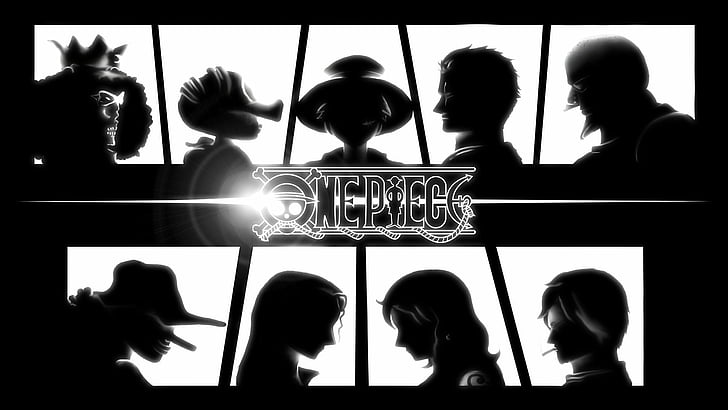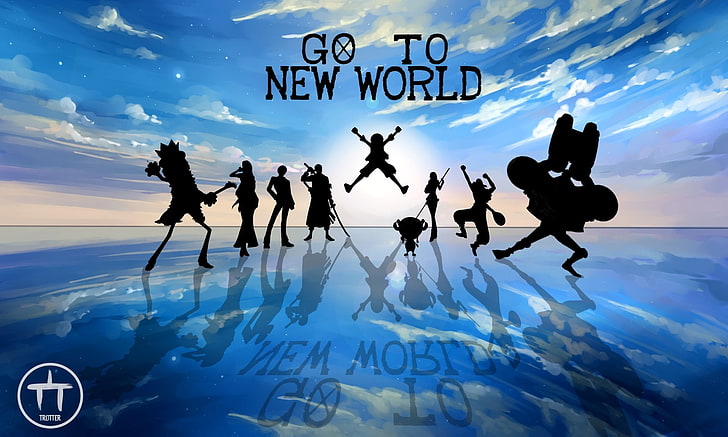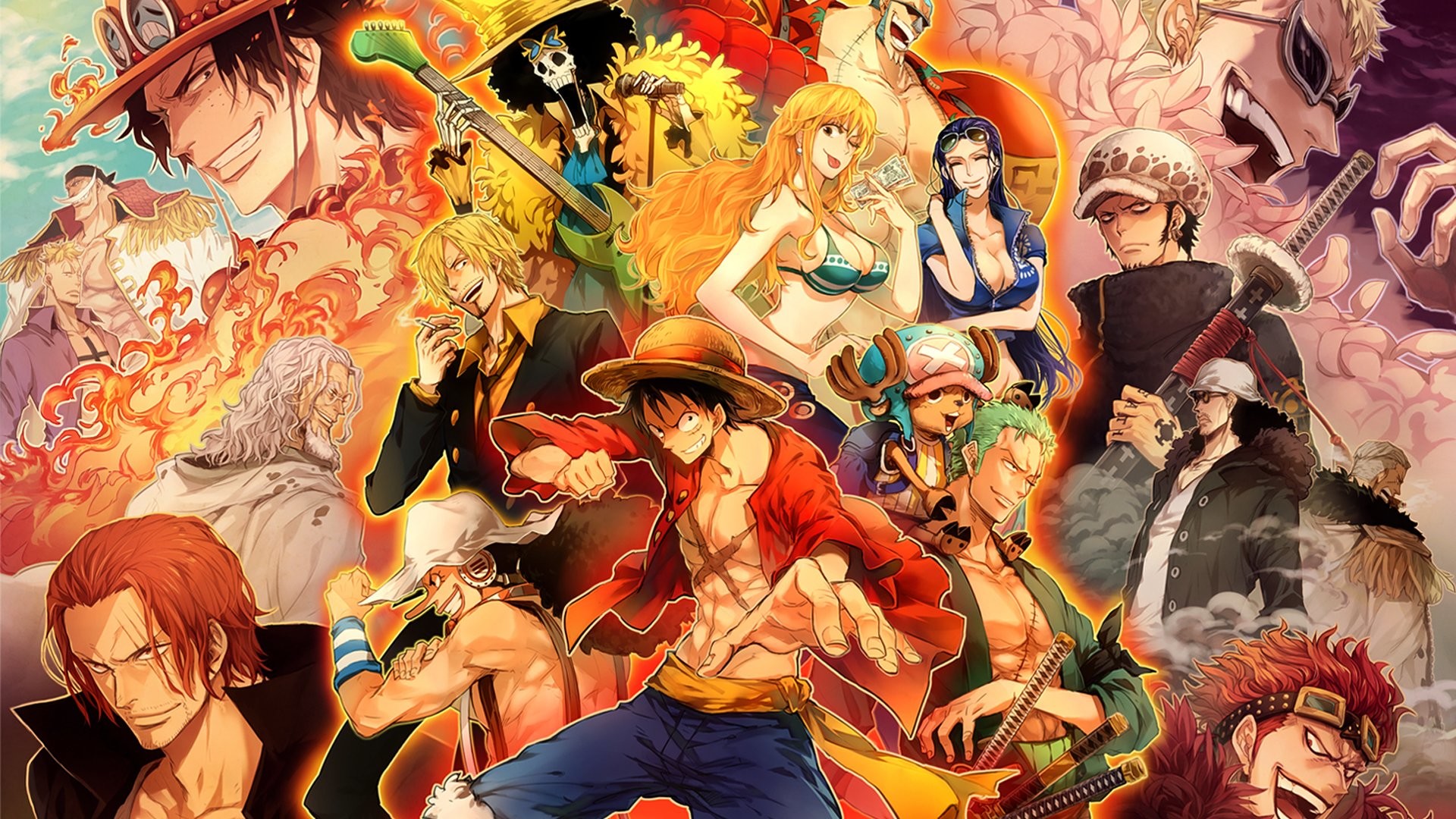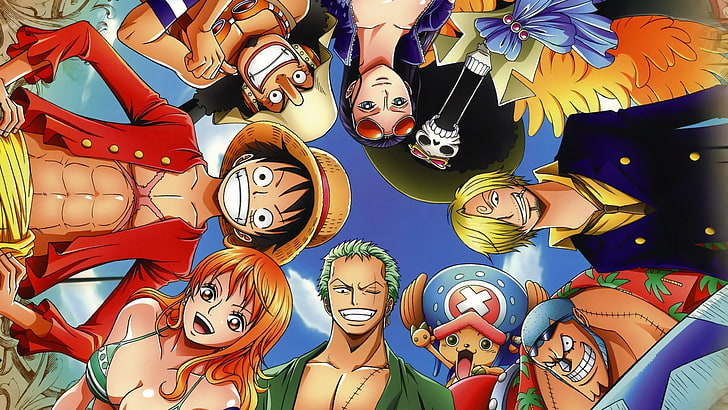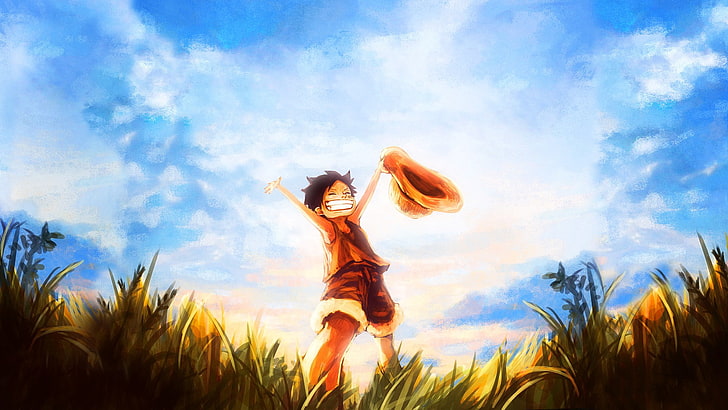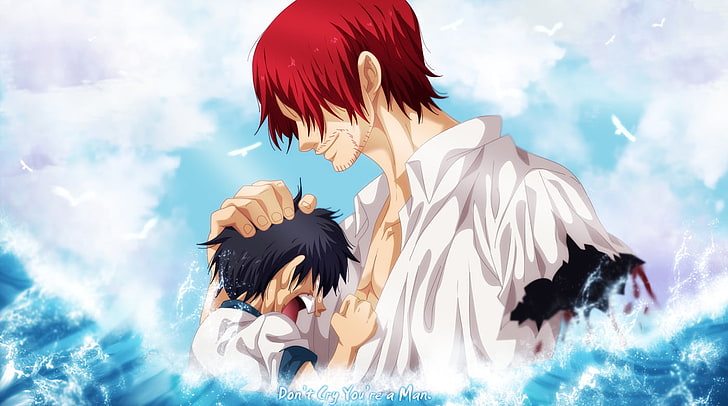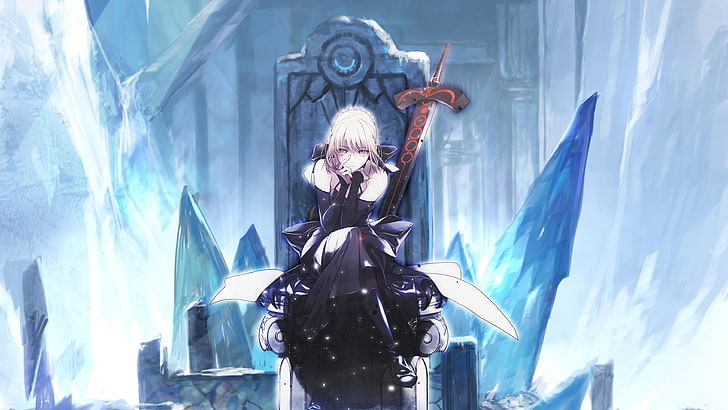.jpg)
Every Berserk Anime Adaptation (In Chronological Order)
The Berserk franchise has had multiple anime adaptations that take place in a medieval European-inspired fantasy world.
Berserk, created by Kentaro Miura, is set in a fantasy world reminiscent of medieval Europe, but with an abundance of supernatural creatures and dark magic. The protagonist of the story is Guts, who is also referred to as the Black Swordsman and is considered one of the most powerful men in the world. Plagued by ghosts and demons and tormented by his tragic history, Guts is currently on a mission of revenge against his former comrade, Griffith.
As of 2021, Berserk has sold over 50 million copies, cementing its position as one of the best-selling manga series of all time. The franchise has been adapted into various forms including movies, TV shows, video games, light novels, and a Konami trading card game. However, it is primarily known for its film and television adaptations.
Berserk (1997)
25 Episodes
The first animated adaptation of Berserk was produced by Oriental Light and Magic, under the direction of Naohito Takahashi. This version of the series covers both the Black Swordsman and Golden Age story arcs, depicting Guts' growing relationship with the Band of the Hawk. However, some characters from the manga, including Puck and Donovan, were left out entirely. Notably, the absence of Skull Knight from the anime left a significant plot hole as it failed to explain how Guts and Casca managed to escape Femto after the Eclipse. The anime also toned down the manga's graphic violence and mature themes, resulting in a more somber overall tone. Additionally, the removal of some of the manga's comedic moments helped to make the anime's narrative more serious.
Berserk: The Golden Age Arc I — The Egg Of The King (2012)
As far back as 2010, plans were in place for a film adaptation of Berserk, with a reference to it appearing on the jacket cover of Volume 35. The resulting trilogy, entitled The Golden Age Arc, was produced by Studio 4°C. The first film takes its name from Griffith's Crimson Beherit, a mystical object that would eventually have devastating consequences for the world.
In The Egg of the King, Guts encounters Griffith for the first time and, after being defeated, befriends the leader of the Band of the Hawk. However, Nosferatu Zodd warns Guts to stay away from Griffith, citing his possession of the Beherit. The film ends with Guts blindly following Griffith's commands, only to overhear him disparage every member of his own band.
Berserk: The Golden Age Arc II — The Battle For Doldrey (2012)
The Battle for Doldrey features some of the most intense fight scenes from the original TV series. Following his defeat, Guts feels disheartened and decides to leave the Band of the Hawk to pursue his own path, hoping to gain Griffith's friendship as equals. The Band successfully launches a pincer attack on the Fortress of Doldrey, resulting in Griffith's victory and ending the Hundred-Year War. Casca emerges victorious over Adon Coborlwitz, the malicious General of the Blue Whale knights.
However, Griffith's reckless decision to sleep with Princess Charlotte leads to his arrest and imprisonment in the Tower of Rebirth, shattering Guts' heart. Despite being a significant turning point in the Berserk storyline, The Battle of Doldrey film installment fails to pack the same emotional punch as its successor.
Berserk: The Golden Age Arc III — The Advent (2013)
Berserk is well-known for its graphic depictions of violence, but The Golden Age Arc III – The Advent takes it to another level. According to a review by Richard Eisenbeis on Kotaku, the third movie "surpasses even the original manga in both emotional turmoil and eye-wrenching ultra-violence." Guts comes back to aid the Band in rescuing Griffith, only to discover the horrific state of their former leader after a year of brutal torture.
In a desperate moment, Griffith attempts to take his own life, which leads to him and his comrades being transported to a hellish dimension by the Crimson Beherit. The God Hand demands a sacrifice in exchange for ultimate power, and Griffith readily agrees. Apostles appear throughout the bloody hellscape, slaughtering every last member of the Band. Griffith is transformed into Femto and brutally attacks Casca in a bone-chilling animated sequence. Fortunately, Guts and Casca are rescued by the Skull Knight by the end of the film.
Berserk (2016)
The Berserk anime series of 2016 serves as a sequel to The Golden Age Arc movie trilogy, continuing the story with the manga's Conviction arc. The first season introduces several new characters to the anime, such as Puck, Serpico, Farnese, Isidro, Nina, and Luca. Guts, marked with the brand of The God Hand, tries to find and defeat Griffith for his crimes while also protecting Casca. In the second season, released in 2017, the anime adapts the Hawk of the Millennium Empire arc from the manga, introducing new characters like Flora, Schierke, Rakshas, and Grunbeld the Giant. Guts forms a team of loyal members, known as the Black Swordsman Party, and the 2016 series remains true to the manga storyline, with excessive violence compared to the 1997 adaptation.
Berserk: The Golden Age Arc — Memorial Edition (2022)
Compared to The Golden Age Arc films, the Memorial Edition isn't radically different in terms of story and plot. However, this remastered adaptation directed by Yuta Sano has been repackaged in the form of a TV show, with minor tonal and visual modifications. The first episode of the Memorial Edition, titled "The Golden Age," was released on October 2nd, 2022.
The entire show ran for 12 episodes and includes the legendary "Bonfire of Dreams" sequence from the manga and the 1997 series. This was a crucial moment for both the narrative and the fandom, as it contextualized Guts' changing relationship with the Band of the Hawk. Although the Berserk fandom was unquestionably delighted with this recent adaptation, most would've rather had the Fantasia arc animated.
